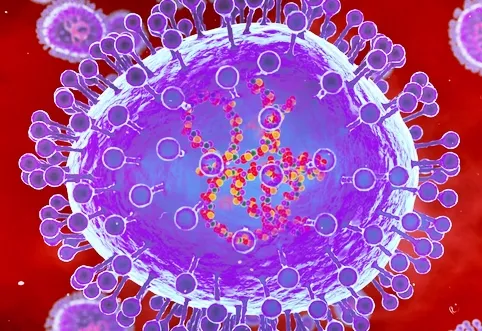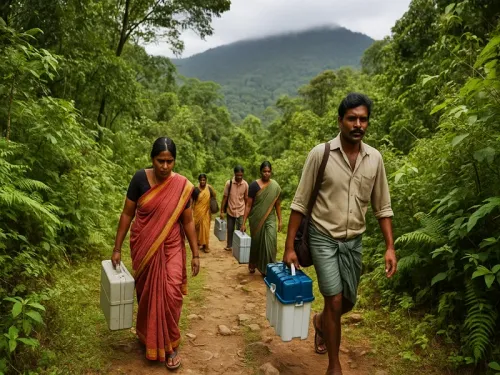Karnataka Government Issues Advisory on HMPV Virus: No Need for Alarm

Bengaluru, Jan 5 (NationPress) The Karnataka government has released an advisory outlining dos and don'ts concerning the potential threat posed by the Human Metapneumovirus (HMPV) disease reported in China.
The Department of Health and Family Welfare Services noted in an official statement that, as of now, there have been no reported cases of HMPV in Karnataka.
“At this moment, there is no cause for alarm regarding the spread of HMPV. The Health Department is diligently monitoring the scenario in collaboration with the Director of the National Centre for Disease Control (NCDC), Ministry of Health and Family Welfare,” the release emphasized.
“Following recent media reports about HMPV's spread in China, the Ministry of Health and Family Welfare issued a statement on January 4, indicating that HMPV behaves similarly to other respiratory viruses that typically cause common cold and flu-like symptoms during the winter months, particularly affecting younger and older demographics,” the Department explained.
The Karnataka Health and Family Welfare Department has assessed the data concerning ongoing respiratory infections such as common cold, Influenza-like Illness (ILI), and Severe Acute Respiratory Infection (SARI) within the state, revealing no significant surge in reported cases in December 2024 compared to the previous year, the release highlighted.
The Health Department encourages residents to adhere to the guidelines to safeguard against infections and curb their spread.
Citizens are advised to cover their mouth and nose with a handkerchief or tissue while coughing or sneezing; wash hands frequently with soap and water or use alcohol-based sanitizers; avoid crowded locations; and refrain from public settings when experiencing fever, cough, or sneezing.
It is also recommended to ensure adequate ventilation with outdoor air in all environments to diminish transmission risks. Individuals are further encouraged to stay home and limit interactions with others if they are unwell and to maintain hydration and consume nutritious food.
Moreover, the public is cautioned against reusing tissue paper and handkerchiefs; maintaining close contact with sick individuals; sharing towels and linens; frequently touching their eyes, nose, and mouth; spitting in public areas; and self-medicating without consulting a healthcare professional.










